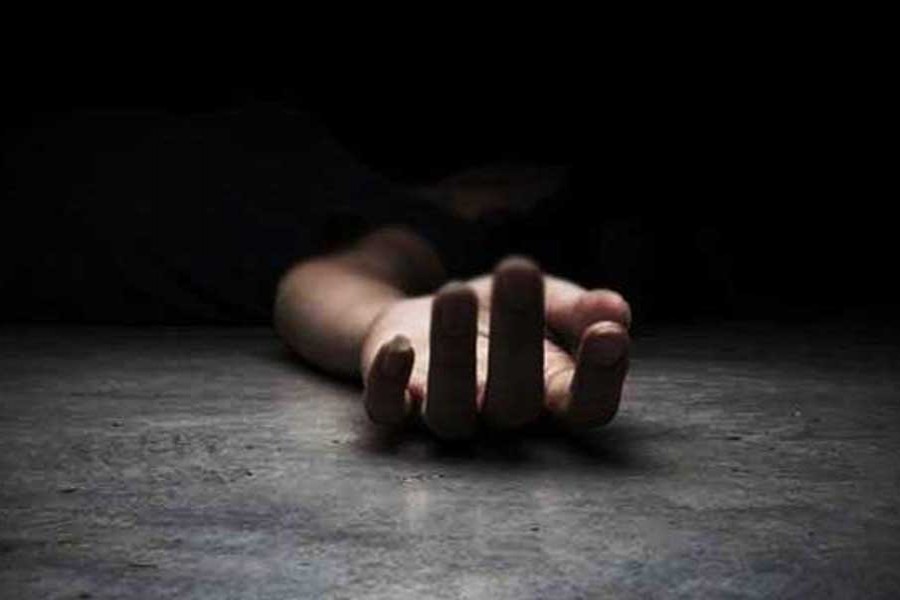Speakers at a function have laid emphasis on increasing the number of courts and annual budget for the judiciary to speed up the entire trial process for women oppression cases and ensure fair justice to them.
They also highlighted the need for training on gender sensitivity for all stakeholders -- police, public prosecutors (PP), doctors and judges who generally get involved in those cases during the trial proceedings.
They came up with the observations at a roundtable discussion on ‘Judicial System for Women: Bangladesh Perspective’ organised by Amrai Pari Paribarik Nirjaton Protirodh Jot (WE CAN Bangladesh) in the capital on Saturday.
The dialogue was funded by Global Affairs Canada (GAC) and Oxfam GB and Girls Advocacy Alliance of Plan International Bangladesh.
They identified corruption, vested political interest, shortage of judges, weak investigation, recording inappropriate First Information Report, political appointment of public prosecutors and lack of proper environment of independent judiciary as the key barriers for unnecessary delay of trial proceedings in the cases.
The offenders are securing bail and most of them are not being convicted due to loopholes in , they added.
Kazi Reazul Hoque, Chairman, National Human Rights Commission of Bangladesh was present on the occasion as the chief guest.
Rokeya Kabir, National Committee Member of Amrai Pari Jot and executive director of Bangladesh Nari Progati Sangha (BNPS) chaired the event.
Farida Yeasmin, Deputy Police Commissioner, Victim Support Centre, Women Support and Investigation Division, Dhaka Metropolitan Police (DMP) and Farida Yasmin, General Secretary, National Press Club, Dhaka attended the programme as the special guests.


